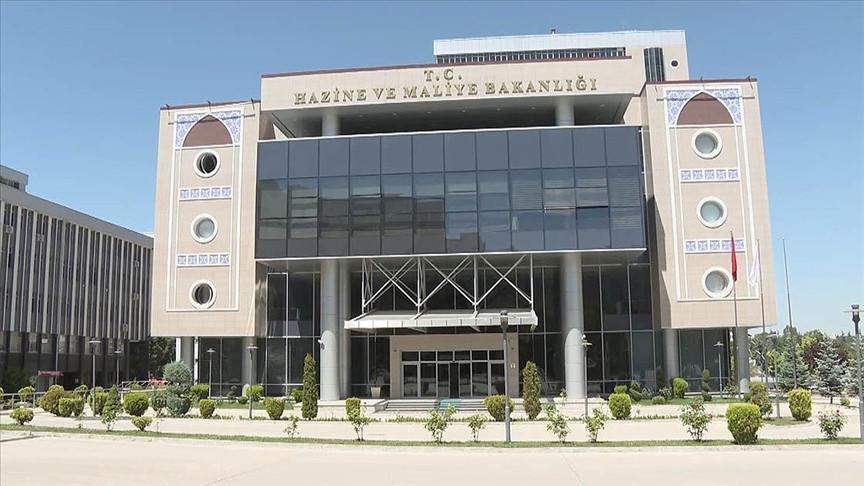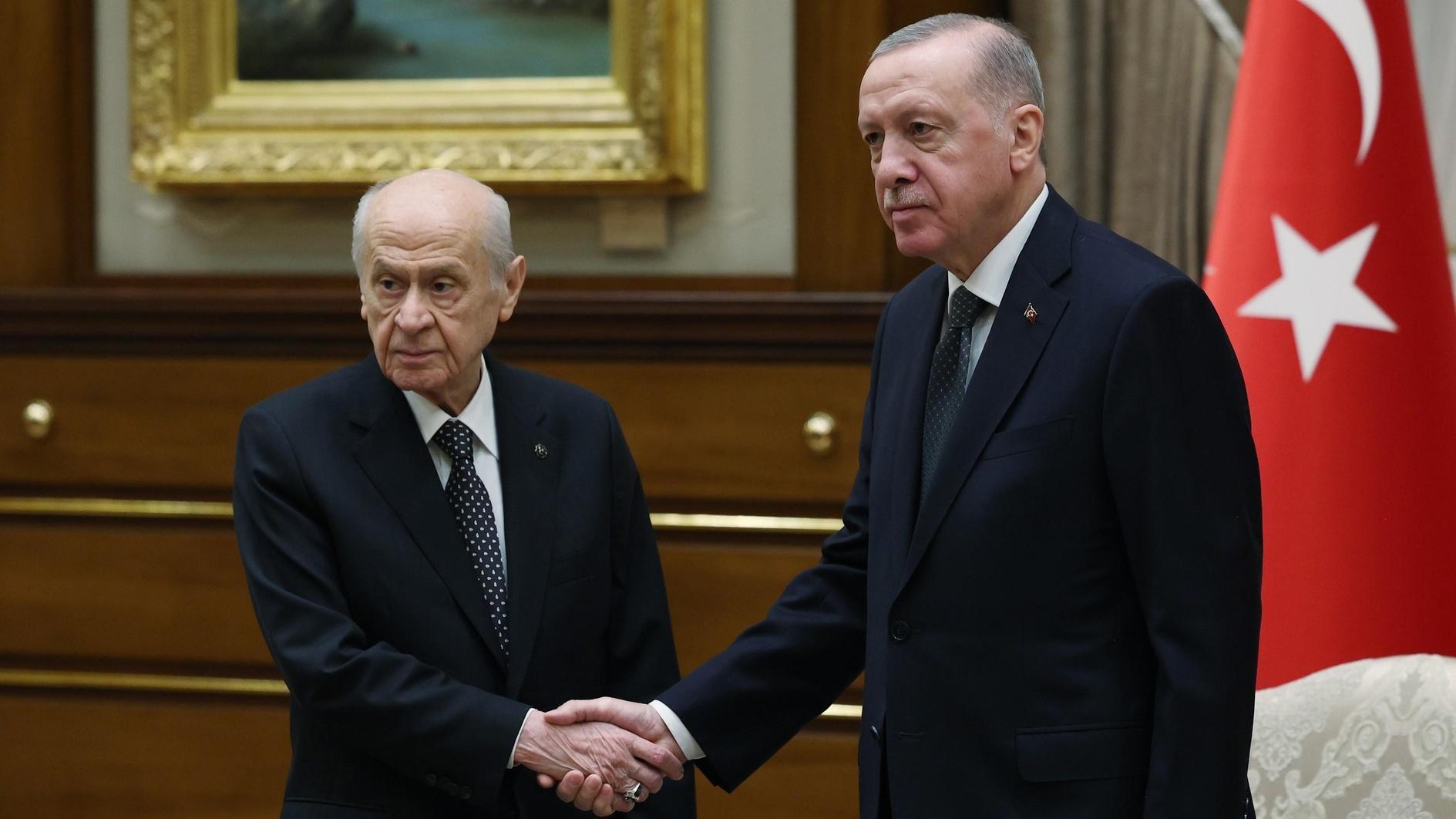Israeli apology not that big a diplomatic score for Turkey after all
The initial celebratory and self-centric mood over the Israeli apology for killing nine pro-Palestinian Turkish activists has now started to wear off among senior Turkish officials after realizing that Israel’s unexpected move to thaw out chilly ties was not, after all, that big a diplomatic success.
During the course of frozen ties for nearly two years, Turkish officials seemed obsessed with obtaining an Israel apology, and with their other conditions, such as compensation for victims or an easing of the siege on the Gaza Strip, but the apology has so far borne little fruit for Ankara. Instead, the Turkish government ended up with a self-conflicting position from where it faced pressure from Washington, the architect of the “apology” deal, to avoid potentially jeopardizing steps to the normalization bid, while it also had to confront its Islamist base of support.
Amid the hectic diplomatic traffic with unusually frequent visits of the top U.S. diplomat to the capital, Ankara, Turkish officials were apparently forced to revise their tactical drive toward Israel and its further reflections on the Israeli-Palestinian conflict.
First, the Turkish prime minister, who has until recently appeared so keen to visit Hamas-run Gaza, has now timidly announced that he might delay the visit until a new date after his planned visit to Washington. The U-turn on the Gaza visit was extraordinary because Prime Minister Recep Tayyip Erdoğan often used the would-be trip as a bargaining, even propaganda, tool against Israel for the last two years.
The second moment of truth for Turkey came as the Turkish deputy prime minister, who was designated as the chief negotiator in the normalization process between Turkey and Israel, announced a delay for the upcoming visit of an Israeli delegation to Turkey. The top issue of the visit was supposed to be further steps in Turkish-Israeli normalization and particularly compensation to the relatives of victims of the Israeli raid on the Mavi Marmara.
However, Turkey has indeed been having tough times on the normalization issue since the relatives of slain Turkish activists still appear defiant about continuing their lawsuits against senior Israeli officials, with one even declaring that he would hand his compensation money from Israel to Palestinian militant groups, namely Hamas and Islamic Jihad. The dropping of legal cases against Israeli officials was one of the core conditions that Israel demanded from Turkey as part of the “apology” deal.
The two delay announcements were made under obvious pressure from the United States. President Barack Obama, who forged the “apology” deal during the last minutes of his visit to Israel, sent his secretary of state, John Kerry, twice to Turkey in the last months ahead of an upcoming new visit, and even the frequency of his visits showed that Washington has been keeping a close eye on its two vital Middle East allies’ glacial progress toward normalization.
During his last visit, Kerry gave Turkish officials the message that the Gaza trip’s timing must be convenient, thereby prompting Turkish officials to reschedule it for after Erdoğan’s visit to Washington. Instead of staunchly opposing the Gaza visit, which would not have been a surprise since Hamas has been shunned and isolated by U.S.-led Western allies for decades, Kerry advised that the trip needs to include the West Bank, which is ruled by Hamas’ rival, Palestinian President Mahmoud Abbas, and maybe Israel itself.
Under today’s circumstance, a call for a visit by Erdoğan to Israel seems ambitious but what makes Kerry’s message really important is his tacit green light for Turkey to use its influence on Hamas for a possible “softening” stance that would contribute to the revival of paused Middle East peace talks. While Kerry assigned a nearly “mission impossible” task to Turkey, his implicit overture to Hamas would greatly annoy Israel, which has already felt offended by having to apologize to Turkey under U.S. pressure.
Considering the wider picture, the hard-won Israeli apology; as a matter of fact, it was not a “magical touch” as has been portrayed by Turkish officials; however, it indeed marked a new era in the balances in the Middle East, where Turkey actually came under more complicated, heavy burdens amid the contradictory expectations of the United States.










